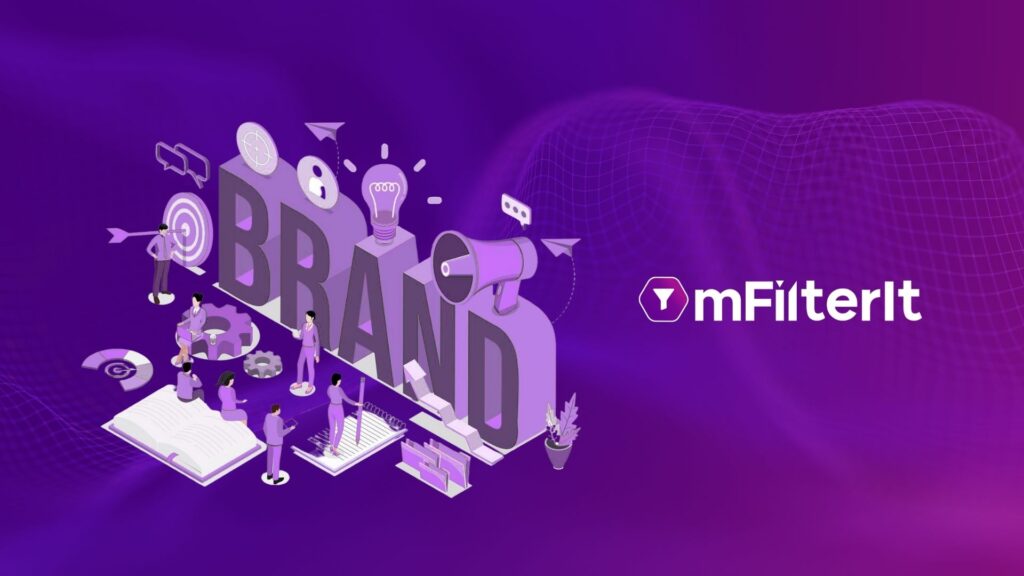All over the world, the rising concern about data security and user privacy has led to a major transformation in the way online marketing is conducted. Regulations like GDPR rendered cookies less effective, and now the third-party cookies which are the backbone of behavioral tracking for marketers, are being removed by browsers. By 2024, marketing campaigns will no longer be run by tracking using the third-party cookies that helped to identify the customers online and show them ads wherever they go. The ad placement in the cookie-less world will be defined by contextual advertising.
Table of Contents
ToggleWhat Is Contextual Advertising?
Contextual advertising is a practice wherein marketers place ads that are relevant to the content of the web pages where they will be shown. For instance, a car ad would be shown on a website related to automobiles, and you might see a toothpaste ad on an oral healthcare portal. There might also be an advertisement for pens in a news article about school exams. Contextual programmatic ad is not based on cookies, but on keywords or the topic of the website. This is not only going to make targeting more efficient for the marketers, but it will also improve the experience for the consumers as they will not be bombarded with irrelevant and repeat advertising across platforms during their online activities.
Contextual Advertising Is the Future
Contextual advertising is changing the way digital advertising works. In the future, no web browser will use third-party cookies (Apple and Mozilla have already done away with them), and that’s when context will become the king. The marketers will need smart AI/ML-driven contextual targeting programmatic solutions to identify the context of a web page and display the right ad to the right users. It would ensure that if you are selling a beauty product your ad is not shown beside a sports website
Contextual advertising is compatible with various privacy laws such as the GDPR or potential data privacy bills that might soon be introduced in a country like India. Further, the ability to use advanced AI/ML solutions to understand the context of a webpage accurately will ensure the delivery of messaging that appeals to the visitors of that webpage. It might be in its early stages, but it is estimated that contextually relevant advertising will be a segment worth over $375 billion within the next five years.
Prioritizing Contextual Advertising for the Post-Cookie World
Google Chrome is the world’s leading web browser, and it will block third-party cookies starting in 2024. The technology to block the cookies has already become available, and Google has decided to wait until 2024 to allow developers and marketers to get used to cookie-less marketing.
As a marketer, now is the time to act and ensure that you keep generating the desired results through contextual ad targeting. This not only helps in protecting the customer’s privacy but also increases the ad relevance and potentially higher ROI for the marketers. Within the next 2-3 years, contextually relevant advertising would become the standard approach for digital marketers, and early movers always have an advantage. Let’s take a look at some of the key benefits of contextual targeting programmatic for businesses:
Better Targeting –
Since the cookies are not going to be there, marketers can’t chase audiences with ads related to their preferences since that data won’t be accessible. However, they can easily use AI/ML tools to identify the most relevant web pages for ads and cater to an audience that is already interested in products/services similar to their offerings.
Adherence to Privacy –
With data anonymization and strict privacy laws mandating that advertisers can’t discreetly use cookies; contextual advertising ensures complete adherence to such privacy measures.
Better Audience Engagement –
Since the web page context and the ad content is going to be similar, there is a much greater chance of the ads engaging people than the conventional methods. This would boost the click-through rates and conversion rates of the campaigns.
Superior Brand Safety –
Contextually relevant advertising significantly reduces the chances of ads being published on irrelevant web pages. Thus, marketers can prevent ad fraud, reduce risks to brand value, and also optimize their ad spend. Let’s take a slightly deeper look at how AI and ML-powered solutions can make contextual marketing a safe haven for brands.
Τα καζίνο Bitcoin έχουν αρχίσει να κερδίζουν δημοτικότητα στην Ελλάδα, προσφέροντας στους παίκτες τη δυνατότητα να παίξουν αγαπημένα παιχνίδια καζίνο χρησιμοποιώντας κρυπτονομίσματα. Αυτά τα καζίνο προσφέρουν τα πάντα, από φρουτάκια και ρουλέτες μέχρι πόκερ και μπλάκτζακ, όλα με δυνατότητα πληρωμών με Bitcoin και άλλα κρυπτονομίσματα. Εάν ενδιαφέρεστε να εξερευνήσετε τα καλύτερα Bitcoin καζίνο στην Ελλάδα, επισκεφτείτε bitcoin καζίνο ελλαδα. Εκεί θα βρείτε μια εκτενή λίστα με καζίνο που υποστηρίζουν Bitcoin, μαζί με αξιολογήσεις και πληροφορίες για τα διαθέσιμα μπόνους καλωσορίσματος.
Αυτά τα καζίνο προσφέρουν επίσης γρήγορες και ασφαλείς συναλλαγές, επιτρέποντας στους παίκτες να απολαμβάνουν τα παιχνίδια τους χωρίς την ανησυχία για την ασφάλεια των χρημάτων τους. Με την αυξανόμενη δημοτικότητα των κρυπτονομισμάτων, τα Bitcoin καζίνο στην Ελλάδα προσφέρουν μια σύγχρονη και ενδιαφέρουσα επιλογή για τους λάτρεις των τυχερών παιχνιδιών.
Contextual Advertising and Brand Safety
Customers in 2023 are not only more challenging to convert, but we are also more sensitive toward the content that is displayed through advertising. In the post-pandemic world, there are a number of sensibilities and emotional or sentimental considerations that need to be taken care of. Content that could have gone viral in the 1960s might be considered inappropriate or even offensive by modern audiences. That’s where brands need to constantly ensure that their advertisements are aligned with positive content, and don’t end up offending the target audience as far as possible. Failing to do that can lead to a significant dent in the brand’s reputation and potential financial costs and penalties. In Europe, 70% of marketers believe that ensuring brand safety is their top priority, and things are no longer any different in territories like North America, Asia, etc.
For marketers to overcome this risk and ensure brand safety contextual AI holds the key. Contextual AI tools are capable of analyzing the content of a webpage including the images on it. This enables the system to identify whether the content is safe, positive, and aligned with the ad or not. The contextual programmatic solutions would place ads only on websites or apps that have content and values resonating with the ad content. Contextual advertising can also help businesses identify high-value platforms that they might have earlier missed out on in the conventional cookie-driven behavioral tracking approach.
Way Forward
Contextual advertising is going to be one of the effective ways for advertisers to survive in a cookie-less world. Contextual advertising will help advertisers be seen by the relevant audience. However, in case of unsafe ad placement, the brands have to face serious repercussions. Therefore, to advertise fearlessly, the advertisers in 2023 need a smart solution to ensure their ads are appearing in a safe ad environment. mFilterIt’s media brand safety solution ensures that the ads are not appearing beside objectionable content resulting in safeguarding the brand’s reputation.
It is time to be vigilant and protect your brand in a cookie-less world with the right partner by your side in this growth journey!
Get in touch with our experts for deeper insights. Reach out to learn more!







